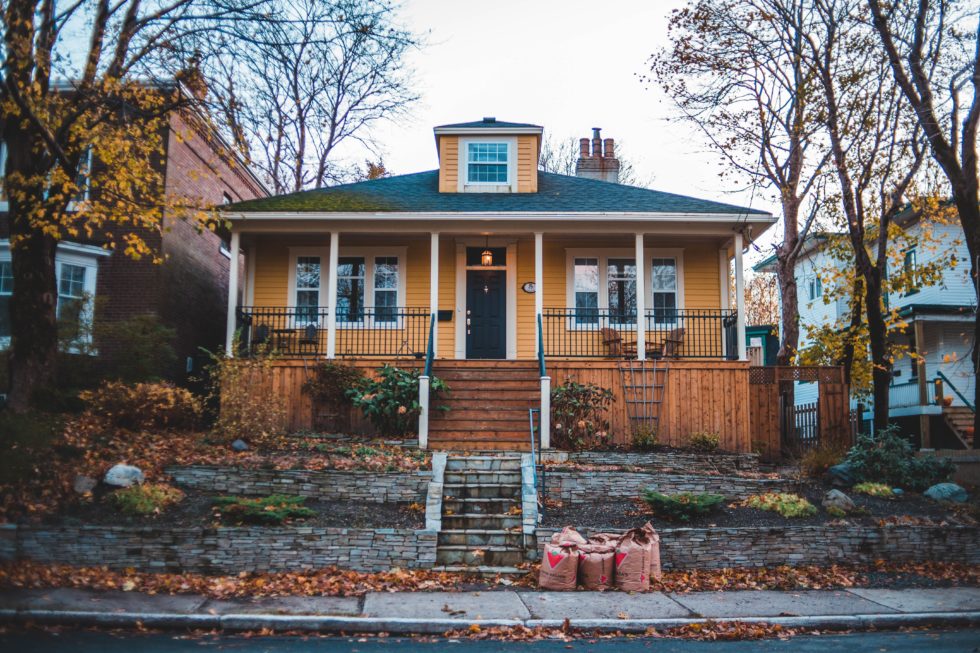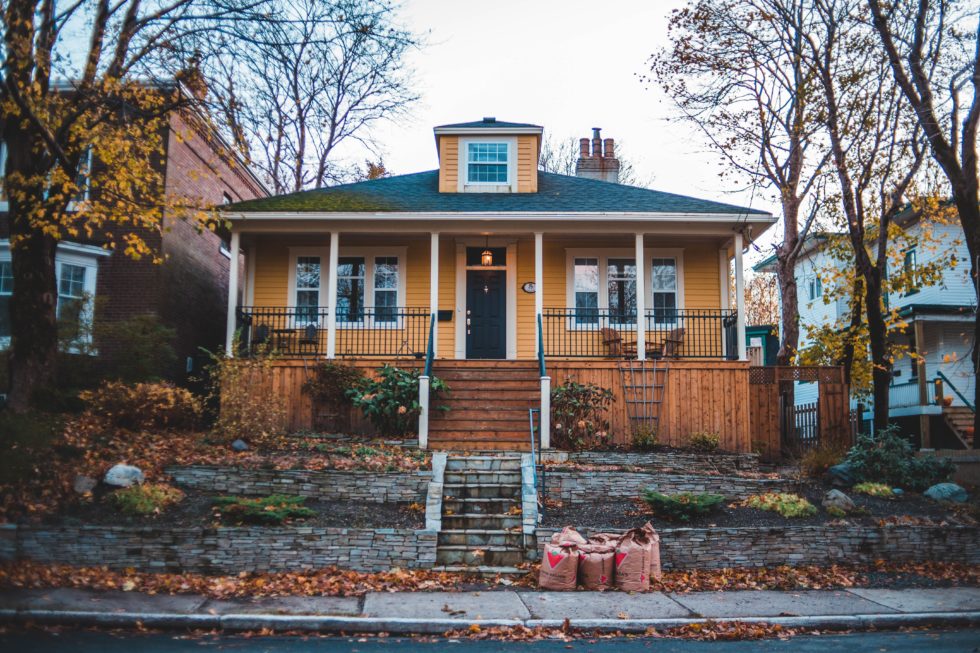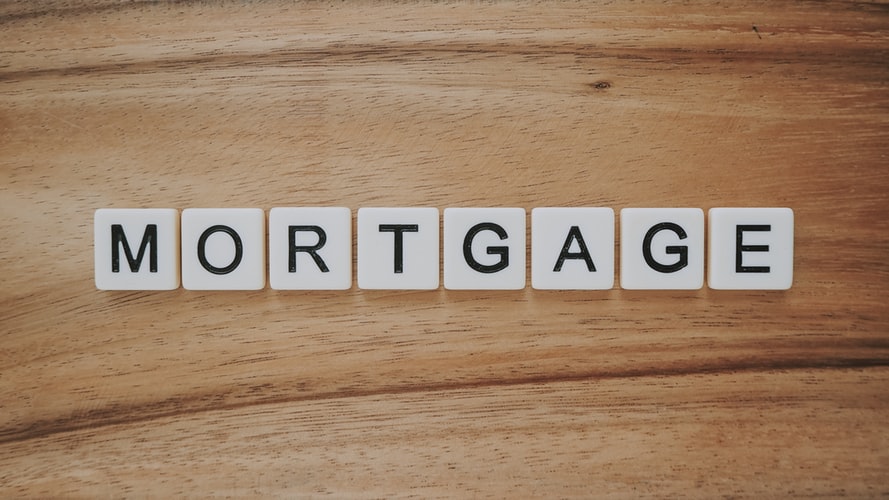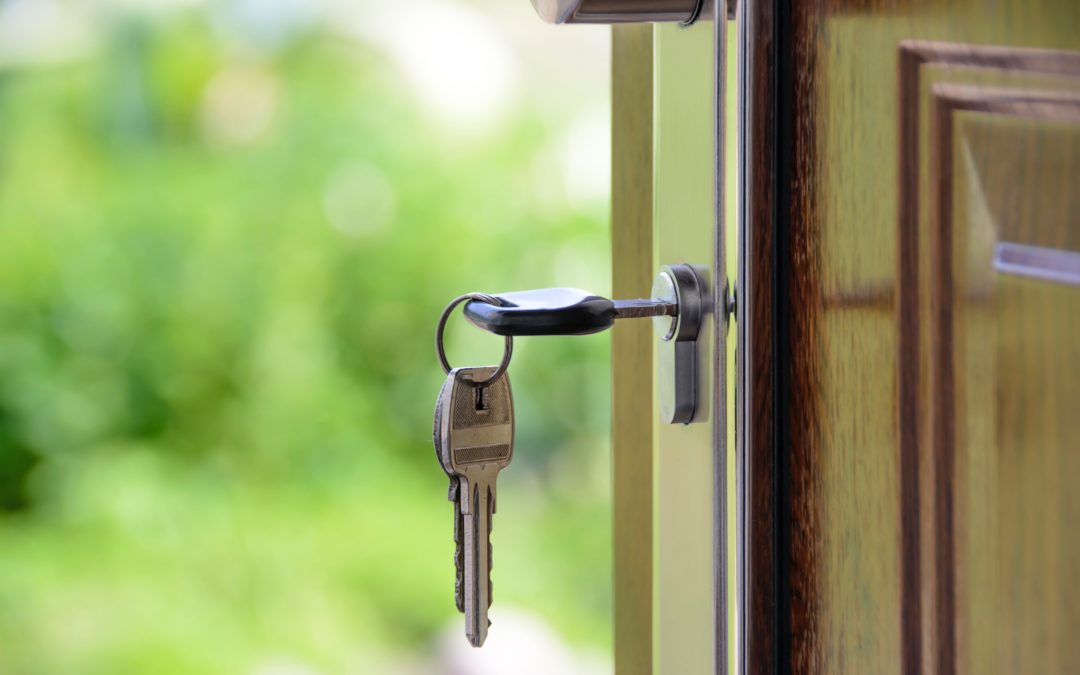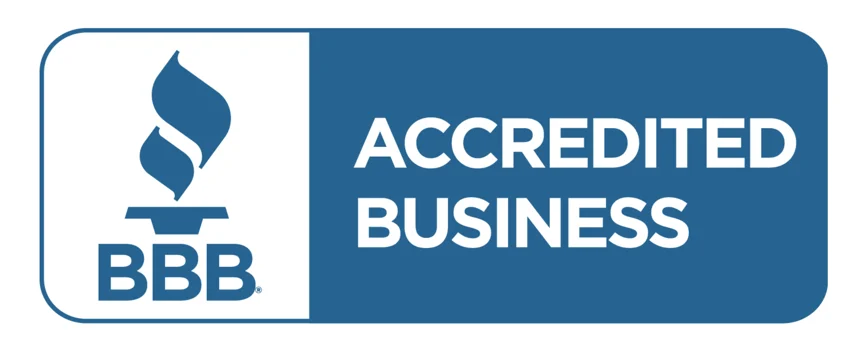If you’re relocating to a different state, whether for work, family, or just a new start, you probably want to sell your home for at least two reasons:
- To cover the costs of relocating, including buying another home and getting your life started somewhere new.
- To avoid the costs and hassle of maintaining the old property, including property taxes and upkeep
The process of selling a house and buying another in a different state doesn’t have to be complicated, but it does depend on how you want the relocation to work. There are a few things you should know to handle the sale successfully.
What to Do When Selling a House and Buying Another in a Different State
Ideally, you would sell the old home the day you move and simply move into a new location, but it’s rarely that easy. Most likely, you’ll be faced with two realities: sell your home after you relocate, or sell it before.
Selling Your Home After Relocating
One option is to have a new home lined up, so when you sell the old home you can simply move and then sell the other one later. In this case, you would wait to sell the old home, and you risk having two homes at once, which could strain your finances in an already stressful time of change. Also, once you’ve begun your new life in a new state, you likely can’t or won’t want to commute back and forth to prepare the other home for sale, arrange showings, or negotiate offers for the old home.
Sell Your Home Before You Move
Another option is to sell the first home before you move, whether you’ve found your next home or not, and rent an apartment in your new location. This gives you time to learn the area you’re moving to, and you’ll have your finances in order when you find the right home for your next chapter. In either case, once you’re ready to sell your old home, you’ll likely want to take care of the sale quickly. You don’t want to wait months for your home to linger on the market, especially while it’s costing you money and patience to maintain.
How to Sell Quickly When Relocating
If you’re selling a house and buying another in a different state, you don’t have time to wait months to find a buyer for your old home and wait for a sale to go through — you want to sell your home ASAP. However, if the home needs fixing up or preparation before it’s ready to be listed on the market, you may not be able to do this before you need to move. Rather, you may find yourself commuting back and forth to fix up the old home before you can list it for sale. To avoid this, you can skip the preparations, repairs, and updates and sell your home as-is.
Selling Your Home As-Is
When selling your home as-is, you look for a buyer who will purchase the home in its current condition. There are a couple of ways you can successfully do this so that your home sells quickly: Price it competitively or sell to a real estate investor.
Price the Home Competitively
Pricing your home competitively shows buyers that you’re motivated to sell, so they’ll be more likely to make an offer. Although you might not be able to earn as much for the home as you could in a normal circumstance, a lower sale price will help the home sell quickly, which, if your goal is to get the extra home off your hands and move on, is a pretty good deal.
Sell to a Real Estate Investor
Selling your home to a real estate investor is another way to sell your home fast. Real estate investors prefer to close on home sales fast — often in as few as five days. Also, when you sell to an investor, you don’t need to make any repairs or changes to your home. You can sell your home in its current condition without the help of contractors, inspectors, or Realtors. A real estate investor will walk through the home with you, then offer you a fair price based on the home’s market value. In less than a week you can have your home sold and close that old chapter of your life, ready for whatever’s next. When you’re relocating, one of the best ways to set yourself up for success is to get that old home off your hands. Hometown Development can help you close in as few as 5 days, and we always make fair cash offers based on the market value of your home. Move on quickly and successfully! Give our team a call today for your no-obligation cash offer.

